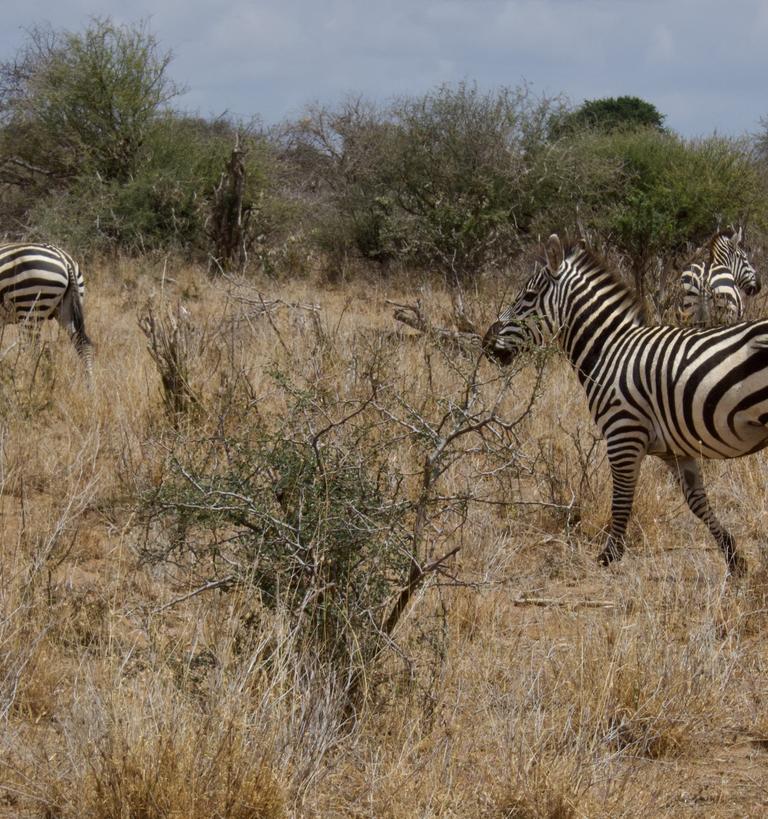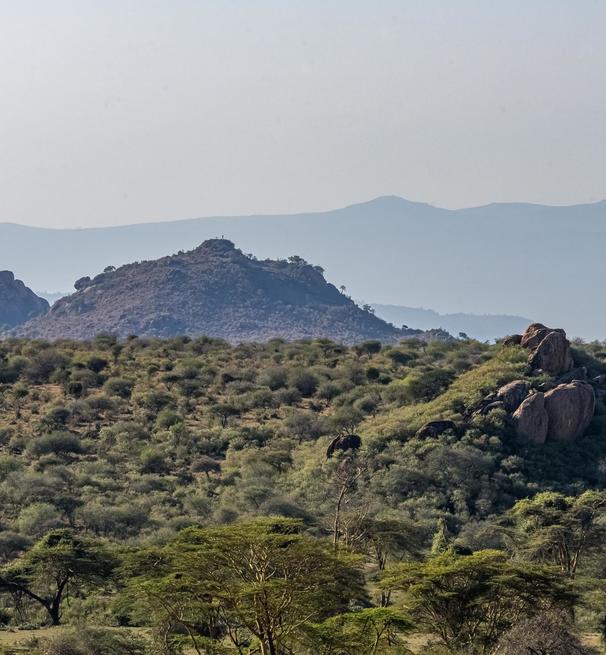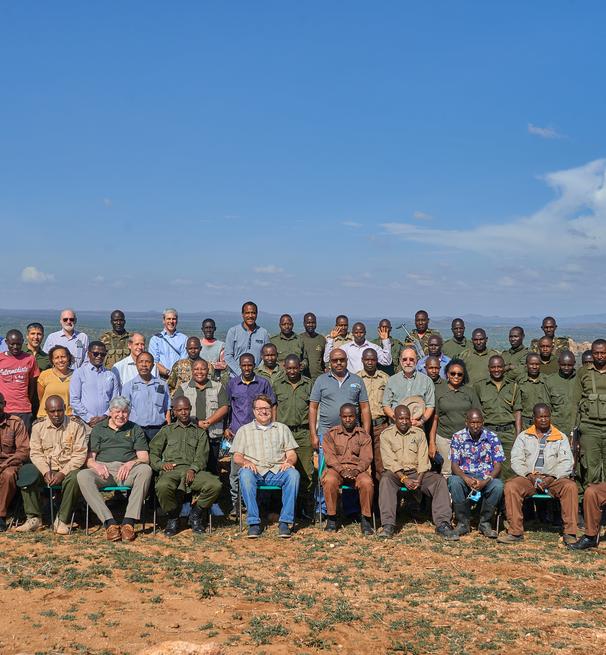About Mpala

Mpala Research Centre (MRC) is one of the world’s leading field-based research centers, located on a 48,000-acre campus in Laikipia County, Kenya. Researchers, students, and visitors from around the world come to Mpala, exploring its diverse ecosystems, which include arid grasslands, vibrant woodlands, and hundreds of plant and animal species. The MRC is distinctively situated to lead in research on topics of global importance including: conservation, climate change, biodiversity, ecology, agriculture, human-wildlife interactions, and public health. Mpala hosts leading researchers from over 65 global institutions and has substantial scientific infrastructure, including one of the few field-based genomics laboratories in sub-Saharan Africa.
Get an inside look through Mpala: A Living Landscape (on Vimeo), made in celebration of Mpala's 25th anniversary. Or head to the main website for more information on research, teaching, and conservation at Mpala.




Mpala aims to be a dynamic global leader in ecosystems research, teaching and conservation. We are dedicated to ensuring that African and other international institutions, researchers and students play a pivotal role in the vibrant and diverse research community we are nurturing.
Mpala explores solutions to current and emerging challenges by advancing transformational ecosystems research and teaching, conserving our environment, and partnering with our community. Guided by the principles of Respect, Integrity, and Trust, we foster an inclusive and supportive environment that enables collaboration, innovation, and the pursuit of excellence.
- Heritage: honoring our land, heritage and culture
- Inclusion: promoting an inclusive and equitable Kenyan and international community
- Curiosity: advancing curiosity-driven research and teaching
- Collaboration: advancing collaboration and multidirectional knowledge exchanges
- Conservation: exploring and amplifying connections between science, education and conservation
